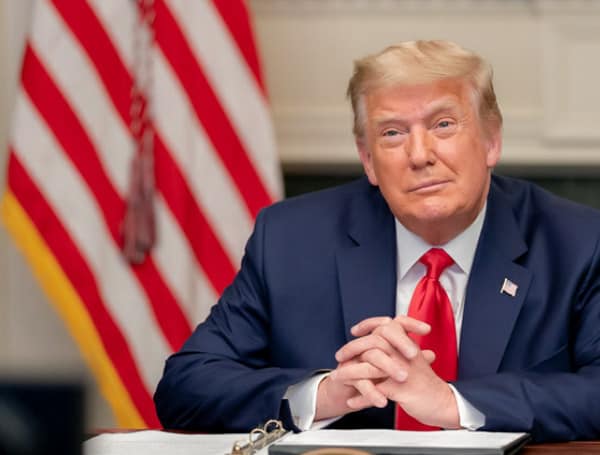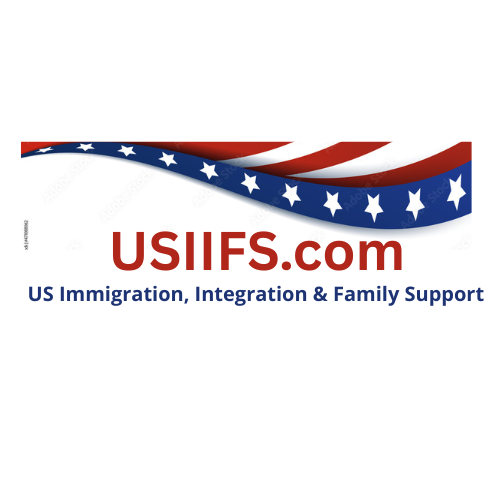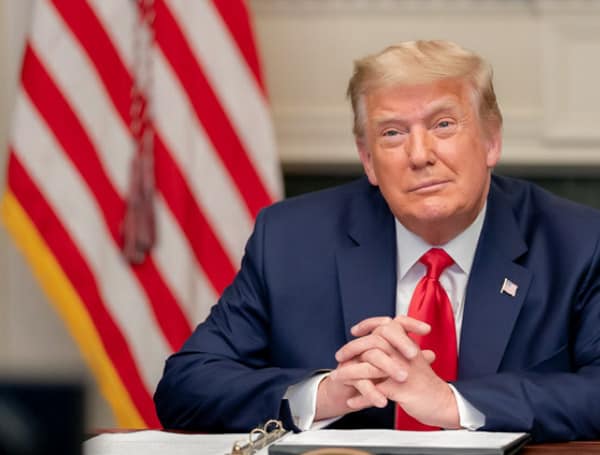By Teresa Ruiz Pedersen
 On April 2, 2025, President Donald J. Trump declared the day as “Liberation Day”. He remarked that this day would forever be remembered as the day “American Industry was reborn.” In his speech, Mr. Trump explained to the American people that many countries would receive the same tariff reciprocity that they have imposed on the U.S. in recent decades.
On April 2, 2025, President Donald J. Trump declared the day as “Liberation Day”. He remarked that this day would forever be remembered as the day “American Industry was reborn.” In his speech, Mr. Trump explained to the American people that many countries would receive the same tariff reciprocity that they have imposed on the U.S. in recent decades.
In this article, we will analyze what this terminology means, how these issues have negatively affected the U.S. economy over the years, and how the U.S. government plans to address them. By the end of this article, you will understand why this information is crucial for American citizens, business owners engaged in international trade, and Latin American students who need to apply this knowledge when voting in their own countries.
Transparency
Through the 2025 Foreign Trade Report, President Trump outlined how American industry had faced unfair trade practices from many countries around the world. This document exposed significant barriers that made it difficult for U.S. exports to compete on an equal footing.
https://ustr.gov/sites/default/files/files/Press/Reports/2025NTE.pdf
Terminology
Balance of Payments:
A country’s balance of payments (BOP) indicates its ability to meet its financial obligations. If the BOP is negative (a deficit), it means that imports exceed exports, and the country requires financing, usually from institutions like the International Monetary Fund (IMF), to meet its financial commitments.
On the other hand, if the balance of payments is positive (a surplus), it means that exports exceed imports. This suggests that the country is managing its economy well and has surplus funds to pay its expenses and beyond.
Trade and Tariffs Agreements:
An international trade agreement typically involves two or more countries that agree to exchange goods and services under reciprocal customs tariffs. However, what would happen if these agreements were only enforced in one direction?
The U.S. Economic Reality
In real terms, the U.S. business industry has suffered losses due to unfair trade practices. For example, a country that exports agricultural products to the U.S. does not allow U.S. meat to be sold there, arguing that it would negatively impact their local farmers. However, the U.S. continues to buy products from these countries at the tariffs that those nations have imposed on American imports.
Additionally, Mr. Trump pointed out that the U.S. imports a significant number of cars from other countries, but those countries impose such high tariffs on American cars that they effectively block American car manufacturers from operating in their markets. As a result, U.S. car producers have been forced to close their operations in these countries.
Consequences
The consequences of these practices are reflected in the U.S. economy through rising unemployment and inflation. In order to strengthen the economy, these types of unfair tariffs will no longer be tolerated in U.S. commerce. As stated on the White House homepage, Mr. Trump’s strategy is to treat them as they treat us.
The U.S. government will no longer allow any country to impose taxes or tariffs that they themselves are unwilling to pay to the U.S.
If you need to do business with the USA or want to improve your company’s presence in the U.S., contact us at
📩 Email: info@usiifs.com
📞 Phone: +1 502-495-8444 – +593 98-380-3826
🌍 Website: www.usiifs.com

